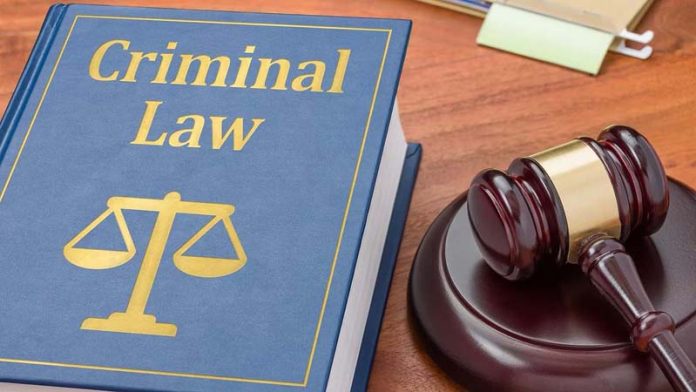The envisioned legislative framework, spearheaded by the Parliamentary Standing Committee on Home Affairs under the leadership of a BJP MP, encompasses a sweeping scope of offences within the purview of organised crime. Notably, crimes such as major financial scams, Ponzi schemes, cyber malfeasance, vehicular theft, land usurpation, and contract killings are to be considered acts of organised crime, warranting severe repercussions. The existing legal statutes, as opined by the committee, are deemed inadequate in addressing heinous offences like organized kidnappings, land seizures, contract assassinations, extortion, as well as substantial financial malpractices and human trafficking. The committee commended the proposed punitive measures as a “highly effective addition” to the legal arsenal. The envisaged legislation is not merely confined to confronting contemporary challenges within the criminal justice system; it ambitiously incorporates pivotal provisions addressing the integration of cutting-edge technology and forensic science. In addition to this technological infusion, the proposed legal framework seeks to streamline procedures, mitigate the backlog of court cases, fortify prosecutorial efforts, impose augmented fines upon conviction, alleviate the congestion in correctional facilities, and expedite the languishing trial processes.
Numerous reports emanating from the Law Commission of India and various Government-convened committees have advocated for meticulous, section-specific amendments to the three foundational criminal laws of the nation-the Indian Penal Code (IPC), 1860; the Code of Criminal Procedure (CrPC), 1973; and the Indian Evidence Act, 1872. Esteemed panels such as the Bezbaruah Committee, Viswanathan Committee, Malimath Committee, and Madhav Menon Committee have not only proffered recommendations but have also underscored the imperative for overarching reforms in the criminal justice apparatus. Precise definitions of terms such as gang, mafia, crime ring, racketeering, and serious offences and a clear delineation of the term “criminal organization,” which currently lacks a distinct definition, will also be incorporated.
Laws serve the dual purpose of punishing transgressors and acting as a deterrent to potential wrongdoers. Nonetheless, a multitude of statutes dating back to the 18th century have become obsolete in the current landscape. Seasoned and recurrent offenders have adeptly exploited the loopholes inherent in extant laws, leading to a state where the prospect of retribution has dwindled and criminal activities occur with unchecked audacity. Recognising the exigency for reform, the government has astutely assessed the prevailing scenario and proffered amendments to supplant antiquated statutes. The overarching objective is to elevate the threshold of punitive measures. Habitual criminals and adept malefactors will find themselves confronting the stringent ramifications of these novel laws. The penalties meted out will not be lenient; they will range from the gravest sanction of the death penalty to enduring life imprisonment. Substantial fines and protracted incarceration periods will constitute pivotal deterrents upon the incorporation of these amendments into the legal fabric.
The fight against crime and criminals is an incessant undertaking, bereft of any room for complacency. Seasoned malefactors perpetually strive to outmanoeuvre the legal system, exploiting its fissures. However, the proposed legislative reforms signal an end to such impunity. The government, well-versed in the intricacies of criminal psychology, has devised laws that will inflict substantial blows on organised crime syndicates. These newly enacted laws have already been introduced, and the parliamentary panel’s impending submission of its report to the Rajya Sabha will mark a critical juncture in their acceptance as legal norms. These legislative amendments are set to supersede the antiquated CCP, the IPC, and the IEA.
The Government’s proactive stance in replacing outdated legal frameworks merits commendation. This instance is not an isolated one; numerous laws of antiquity have been repealed or supplanted. Indeed, retaining obsolete legal systems serves no practical purpose in this digital age, necessitating the implementation of contemporary laws to combat a spectrum of frauds and crimes, ranging from the mundane to the heinous. Every stride taken in this direction deserves the utmost appreciation.


